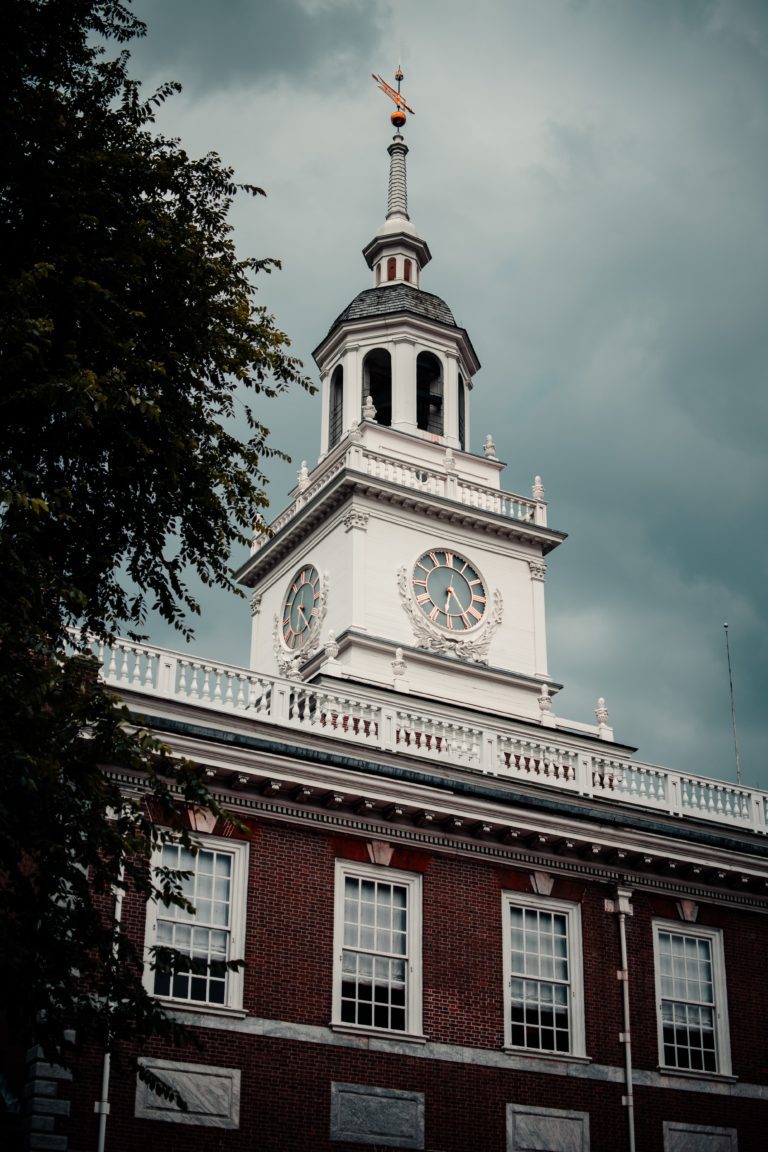The word providence, which comes from the Latin word providentia meaning foresight, does not appear in the text of Holy Scripture. Nevertheless, this doctrine called Providence is certainly biblical. Providence in theological circles speaks of divine providence, and points to God’s intervention in the world.
Reformed Theology generally holds that providence signifies “the provision which God makes for the ends of His government, and the preservation and government of all His creatures.”[1] God tells us that he has declared the end from the beginning (Is. 46:10) and he knows what’s going to happen in the future, not because of mere prescience or foresight but because he has foreordained all things that come to pass according to His will and purpose. (WCF 3:1-2; Eph. 1:11). God foreordained and knows everything that will happen (Matt. 10:29-31) and he works all things for our good (Romans 8:28).
Others take different positions. For example, deists believe that God doesn’t intervene in His creation, a view which logically leads them to conclude that God doesn’t answer prayer or heal people, etc. The Deist position becomes of some relevance when the founding fathers of our country are considered.
In order to debase the idea or the proposition that the United States of America was founded on Christian principles and values, many skeptics argue that most of the founding fathers were actually deists and not Christians. Thomas Jefferson is often cited as a deist.
Deists believe that God does not intervene in the created world and therefore He does not answer prayers and he does not heal people etc. Consequently, since divine providence is defined as God intervening in the world and since deists do not believe God intervenes in the world, deists do not believe in the providence of God.
But the skeptics are mistaken when they say that the founders were basically a bunch of deists. Consider that Jefferson wrote the initial draft of the Declaration of Independence and the last sentence reads “And for the support of this Declaration, with a firm reliance on the protection of divine Providence, we mutually pledge to each other our Lives, our Fortunes and our sacred Honor.” So, since the Declaration of Independence was actually adopted in 1776 by the Continental Congress, which consisted of “founding fathers,” the founding fathers couldn’t be a bunch of deists because deists didn’t believe in providence and clearly providence was specifically relied upon in the Declaration of Independence.
Whatever a person’s view regarding whether or not the United States of America was founded as a Christian nation, a reasonable case can be made that the values the founders included in the United States Constitution clearly reflect the influence of biblical doctrine such as divine providence as well as other Christian tenets.
[1] Louis Berkhof, Systematic Theology (The Banner of Truth Trust, 2012), 165.

